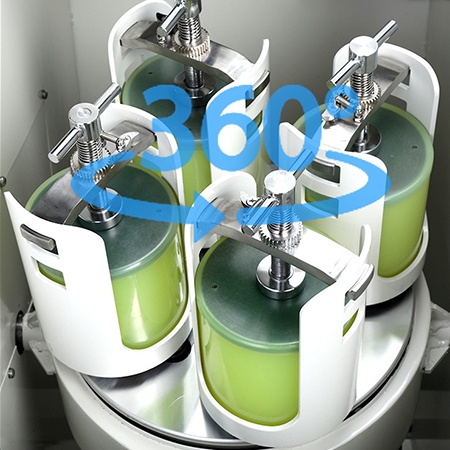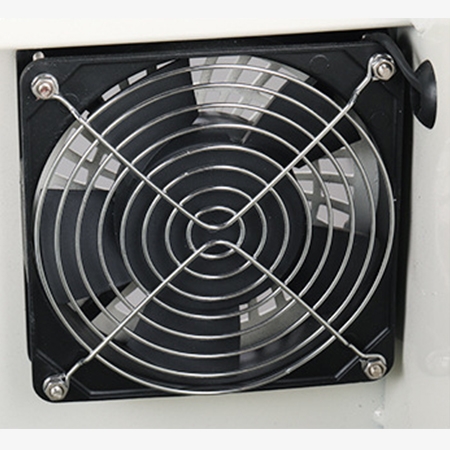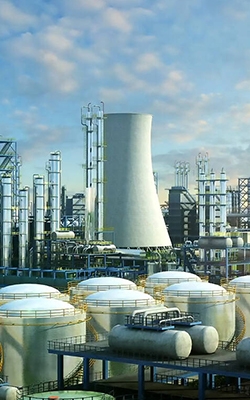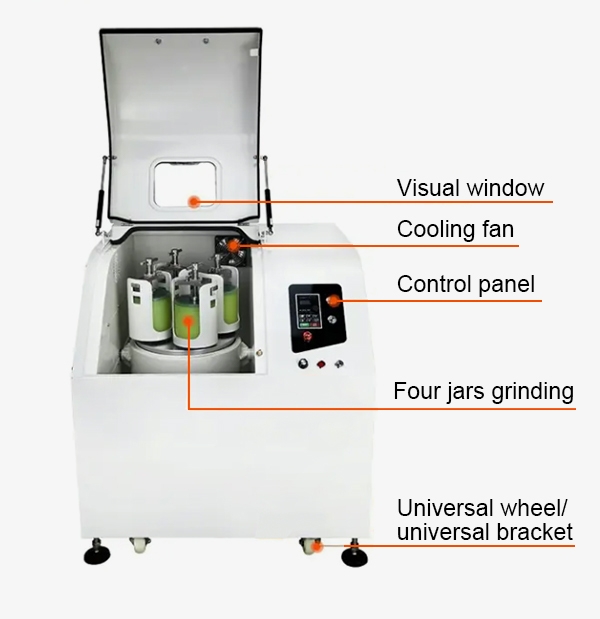SISCO full direction planetary ball mill is a high-efficiency grinding device used for mixing materials. This type allows full-directional rotation, meaning the planet main disc running at 360 degrees. This multi-directional movement enhances energy transfer and grinding efficiency, enabling uniform particle size reduction and superior mixing. Planetary ball milling machine commonly used in laboratories for mechanical alloying, material synthesis, and nano-material production.

360° Rotational Grinding
- This creates high-intensity impacts and frictional forces, greatly increasing the grinding energy. The multi directional motion in a planetary ball mill ensures that the grinding media cover more area within the jar, resulting in faster particle size reduction and shorter milling times.
- The movement pattern eliminates dead zones and minimizes material agglomeration, ensuring that all powder particles are subjected to consistent grinding forces. This uniform exposure leads to a narrower particle size distribution, which is crucial for applications in materials science, pharmaceuticals, and nanotechnology are essential.

Cooling Fan in Full Direction Planetary Ball Mill Grinder
- During the grinding process, friction between the grinding media and the sample material generates considerable heat. Elevated temperatures can alter the chemical and physical properties of sensitive samples, particularly in pharmaceuticals, nano-materials, or biological specimens. The cooling fan helps dissipate this heat, maintaining planetary ball mill machine a stable environment that preserves sample integrity.
- Without adequate cooling, overheating can lead to motor failure, reduced bearing life, and damage to electronic components. A cooling fan extends the service life of the laboratory ball mill by keeping internal temperatures within safe operational limits.
- The presence of a cooling fan allows for longer continuous operation without thermal interruptions, increasing productivity and reducing downtime.
Applications
SISCO ball mill is a versatile grinding device used in various industries for reducing materials into fine powders. In the mining industry, it is widely used to grind ores and minerals for metal extraction. In the cement industry, ball mills help grind clinker and other raw materials to produce cement. Overall, the ball mill machine is a critical piece of equipment for materials processing in industrial, laboratory, and manufacturing settings.

Cement Industry

Ceramic Industry

Mineral Processing

Chemical Industry
| Model | SISCO-BM-QM-QX0.4L | SISCO-BM-QM-QX1L | SISCO-BM-QM-QX2L | SISCO-BM-QM-QX4L |
| Voltage | 220V 50Hz/ 110V 60Hz | |||
| Grinding Jar Size | 50-100ml | 50-250ml | 50-500ml | 50-1000ml |
| Vacuum Jar Size | 50ml | 50-100ml | 50-250ml | 50-500ml |
| Ball Mill Jae Speed | 10-900r/min | 10-900r/min | 10-800r/min | 10-800r/min |
| Power | 0.55kW | 0.55kW | 0.75kW | 0.75kW |
| Net Weight | 132kg | 135kg | 206kg | 210kg |
Structure:

Q1: What is a ball mill?
A1: A ball mill is a type of grinding machine used to grind or blend materials into fine powder. It consists of a rotating cylindrical shell filled with steel or ceramic balls, which tumble and crush the material as the mill rotates. Ball mill machine is valued for their efficiency, simplicity, and ability to produce uniform particle sizes suitable for further processing or direct use in various products.
Q2: What are the types of ball mill?
A2: Ball mills are classified based on their operation and design. The main types include horizontal ball mills, vertical ball mills, roller ball mills, stirred ball mills and planetary ball mills, ideal for lab use. Others like batch ball mills process materials in set volumes, whereas continuous ball mills run uninterrupted for large-scale production. Selection depends on application, material properties, and desired particle size. Each type offers unique advantages for specific industrial needs.
Q3: What is a ball mill used for?
A3: A ball mill machine is widely used in various industries for grinding and blending materials. In mining, it grinds ores into fine powders for mineral extraction. In the cement industry, it processes raw materials and clinker. In laboratory, it is used for sample preparation and mechanical alloying. The ability to handle both wet and dry materials makes it versatile. Its effectiveness in producing uniform particle sizes makes ball mill crucial for both research and large-scale industrial applications.
Tips: Full direction planetary ball mill vs. traditional vertical planetary ball mill
A full direction planetary ball mill differs from a traditional planetary ball mill primarily in the range and flexibility of its motion. While both are used for high-efficiency grinding, mixing, and mechanical alloying of materials, the full directional model offers a significant improvement in performance and versatility.
The traditional vertical planetary ball mill operates with jars fixed in a vertical orientation, rotating on their own axes while orbiting around a central axis. This limited motion creates strong centrifugal forces but can result in dead zones and uneven mixing, especially for certain materials.
In contrast, the full direction planetary ball mill machine allows the milling jars to rotate in more complex trajectories, multi-directional movement including 360 degree tilting. This eliminates blind spots in mixing, enhances grinding uniformity, and increases energy impact on the samples. It is especially advantageous for nanomaterial preparation and difficult-to-grind substances, as it ensures more complete and homogeneous processing.
Thank you for buying industrial test and measurement equipment on SISCO.com, all products sold by SISCO and the partner cover a 12 months warranty, effective from the date of receiving the products.
What is covered?
SISCO is responsible for providing free spare parts, and free technical support to assist the customer to repair the defective products until the problem is solved.
What is not covered?
- Product purchased from anyone other than a SISCO store or a SISCO authorized reseller.
- Expendable parts.
- Routine cleaning or normal cosmetic and mechanical wear.
- Damage from misuse, abuse or neglect.
- Damage from use of parts other than SISCO approved.
- Damage from use outside the product’s usage or storage parameters.
- Damage from use of parts not sold by SISCO.
- Damage from modification or incorporation into other products.
- Damage from repair or replacement of warranted parts by a service provider other than a SISCO authorized service provider.
- Damage caused by the application environment not meeting the product usage requirements and the failure to perform preventive maintenance.

